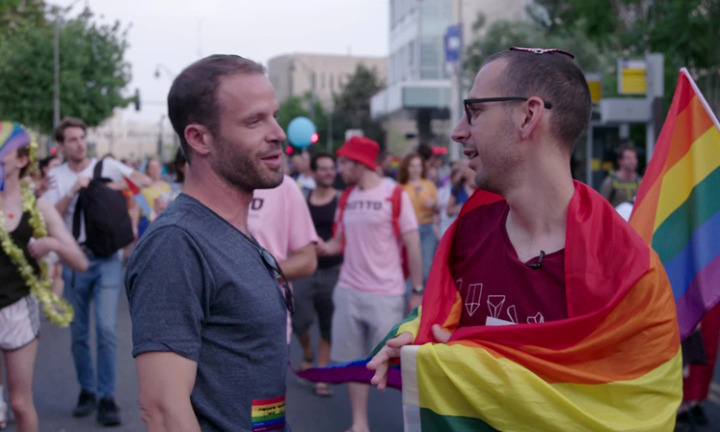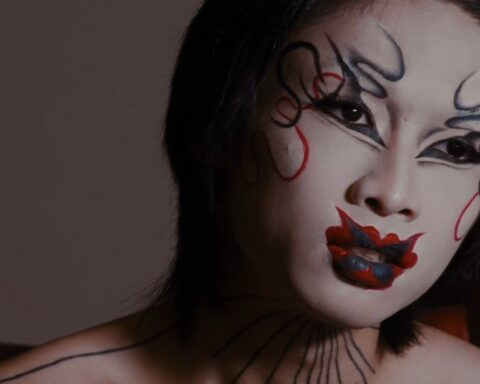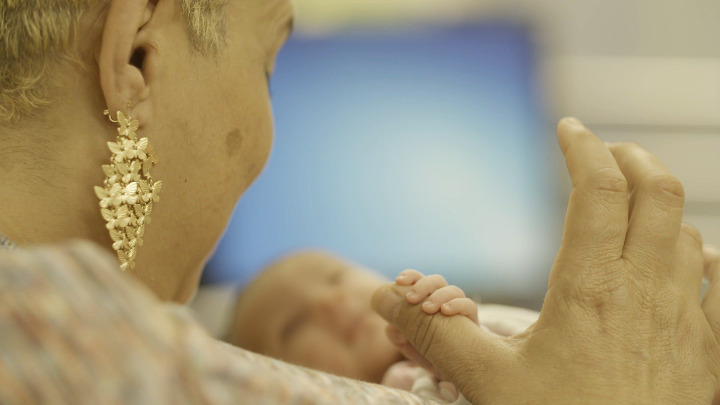“Either I marry now, or let the world be destroyed,” explains Yarden Naor, a gay Orthodox Jewish man recounting his feelings upon the day he married a woman.
Mordechai Vardi’s documentary Marry Me However tells the stories of several gay and lesbian people raised in observant Jewish communities throughout Israel. Due to their religious obligations, those who appeared in the film had decided to enter into a heterosexual marriage to fulfill the Jewish commandment of having a family. However, as years passed, they all came to terms with their identities and realized they must live authentically, even if that meant the possibility of being ostracized by their families and religious communities.
The film touches on stories of conversion therapy, a practice often associated with Evangelical Christian ideology, not Judaism. One man explains that when he expressed his homosexual urges to his rabbi, he was told to journal about the times he was able to overcome same-sex attraction, to picture women on the beach and to follow women on the street, all in order to change his sexuality. For a while, he explains, it felt as if the “therapy” was working –he even married a woman. However, the façade quickly faded, and he was back where he started. Through this conversation, the documentary shows how the abhorrent practice of conversion therapy exists more widely than viewers may know.
The impacts of religiously prescribed marriage echo through the family unit. Throughout the film, the former wives of gay religious men share their stories of rejection, sexual frustration and love lost. Rotem Adrian, Naor’s ex-wife, is one such woman. While seated on a couch with Naor, Adrian explains how their marriage made her feel unwanted and less feminine, as she knew Naor was not attracted to her. Even once the two were divorced, Adrian describes her struggles as a young religious mother with little prospects for how to continue her life alone. To Adrian, the rabbis who push for this sort of marriage view the wives as “minor players.” They do not consider their feelings or agency when urging husbands to suppress their identities.
Through Adrian and the other women’s testimonies, it’s apparent that none of them blame or hold resentment towards their former spouses. All these women point their anger towards the rabbis who convinced these gay men that to live a religious life, they must marry a woman, even against their nature.
With that said, Marry Me However cautiously avoids painting faith with broad strokes. The film highlights different rabbis whose opinions on sexual identity and halacha, the laws of Jewish life, span a spectrum of thinking. While likely difficult to parse for a viewer without much knowledge of Jewish law and custom, the rabbis share their views on homosexuality ranging from loving acceptance to a rejection of the concept entirely.
Vardi’s documentary is full of juxtapositions. Israel often labels itself as a queer haven within the Middle East and boasts a widely attended Pride festival in Tel Aviv. The film shows clips of lively pride celebrations in both Tel Aviv and Jerusalem, yet we already know that this acceptance does not translate to the documentary’s interviewees. When showing Jerusalem Pride, the film cuts between the parade’s joyous celebrations and its sideline of picketers chanting “Jerusalem is not Sodom”. In this protesting crowd, some, but not all, are visibly Orthodox. However, all attendees, parade-goers and picketers alike, are monitored by armed IDF soldiers.
Marry Me However is not an easy watch. Due to its hyper-personal focus, relying only on testimonies from individual Israelis, the film brings audiences into their daily lives to see how religious rejection functions on a personal level. Further, this leaves the film quite outwardly apolitical, as interviewees only share their own experiences with religious obligation, seldom making generalizations on Orthodox Israeli culture or marriage bureaucracy. While that may be to the detriment of some viewers without the necessary background knowledge, it gives the film a sense of privacy and specificity that is greatly needed for such a nuanced topic.
Marry Me However screens at the Toronto Jewish Film Festival June 9-10.














